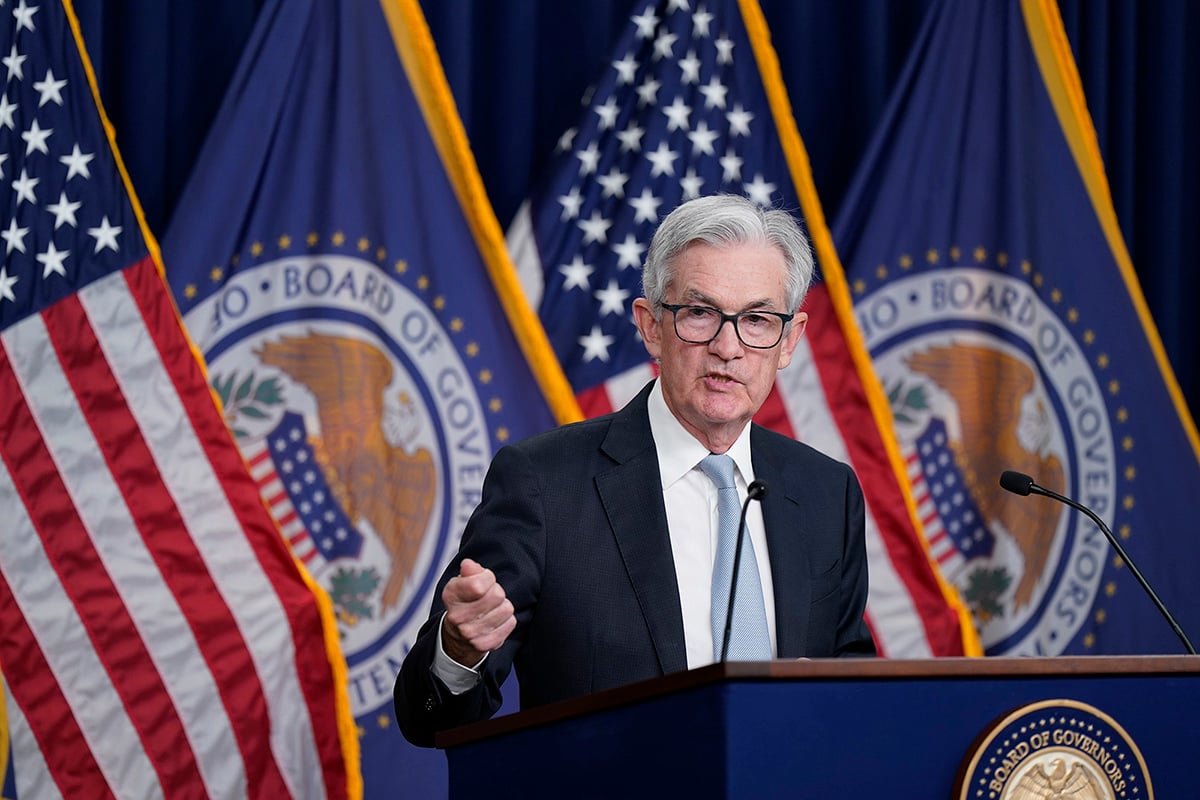Kobe Steel Ltd.'s legal problems are just beginning in wake ofthe company's disclosure that it falsified data for years about thedurability of aluminum and copper used in airplanes, trains andvehicles.
|The Japanese company, which supplies many of that country's topautomakers, is likely to be targeted by investors, customers,consumers and regulators—both in its home country and in theU.S.—as the fallout continues from its admission this week,according to plaintiffs' lawyers and legal experts.
|The company's admission Sept. 8 that it may have providedsubstandard metals to more than 200 manufacturers spurred a flurryof internal probes by customers including Toyota, Honda and Subaruinto whether they had problem parts. Kobe Steel's share priceplunged 36% and the cost to insure its debt againstdefault soared since the news unfolded.
|“I expect a wave of litigation as soon as people figure outwhat's happened, who's impacted and the company continues to admitthings,” said Samuel Rudman, a partner at Robbins Geller Rudman& Dowd. Rudman said his firm may pursue claims against thecompany on behalf of “the whole gamut” of those affected.
|Kobe Steel, one of Japan's oldest manufacturers, said it failedto comply with product specifications that it had promisedcustomers. Though it initially said the issue was limited tocertain aluminum and copper components that shipped from Sept. 1,2016, to Aug. 31, a company executive later said the fabrication ofdata was systematic and dated back as long as a decade.
|Kobe hasn't received “any lawsuits from anyone,'' Gary Tsuchida,company spokesman, said in an email Wednesday. “We are currentlyworking together with our customers to determine whether thealuminum and copper products we supplied them have any problemsconcerning quality.
|“We have also received inquiries from the public. Some asked formore information while others were angry,” Tsuchida said.“Investors have contacted us following up on press reports and forexplanations concerning this issue.”
|The disclosure is the latest in a series of black eyes for theJapanese auto manufacturing sector, following on the heels ofmassive scandals over Takata Corp.'s exploding airbags and defectsin Toyota vehicles. The legal ramifications for Kobe Steel mayresemble those that befell Takata and Volkswagen, followingdisclosures that the automaker cheated on diesel emissionstandards, according to some experts.
|“The Japanese auto industry has had a rough run,” said MatthewL. Tuccillo, a lawyer with Pomerantz who represents investors insecurities cases. For Kobe Steel in particular, the impact from 10years' worth of falsified data could be a “rough hit” for thecompany, he said.
|Because it is based in Japan, much of the legal or regulatoryactions resulting from the disclosure may be focused overseas,according to the legal experts. However, cases would be pursued inU.S. federal or state courts against any U.S.-based operatingunits, following a pattern established in litigation over Takata'sand VW's disclosures, they said. General Motors and Ford Motor aretwo of Kobe Steel's biggest customers, according to data compiledby Bloomberg.
|“There will be investor suits, suits by customers, maybe productdefect suits, but we don't know yet,'' said Carl Tobias, a lawprofessor at the University of Richmond. The latter may depend onwhether a connection is established between flawed metals andinjuries or deaths, Tobias said.
|Bigger cases will likely emerge as problems resulting from salesof any substandard metal come to light, the experts said.
|“They are going to face deep liability, wherever the stocktrades,” Tuccillo said. “I would venture to guess that therevelations are going to keep coming. It seems like atip-of-the-iceberg-type thing.”
|VW admitted in September 2015 that about 11 million dieselvehicles worldwide were outfitted with so-called defeat devices tocheat emissions testing. That set off hundreds of lawsuits in theU.S. and investigations by prosecutors and regulators in multiplecountries. Costs, including settlements, have reached $30billion.
|Litigation over Takata's air bags took more time, as the firstproduct defect claims against the company were settled quietlyyears before massive recalls of the products began. The air bagscould malfunction, sending shards of metal at drivers andpassengers, and were linked to at least 18 deaths worldwide.
|Recalls of Takata air bags began accelerating in 2014, with theproduct ultimately becoming the subject of the largest recall inU.S. history. The fallout for Takata and its customers wasenormous. The automakers this year have agreed to pay more than $1billion to settle consumer actions claiming economic loss. Takatareached a $1 billion settlement with the U.S. to resolve a criminalinvestigation. In June, the company filed for bankruptcyprotection
|The Takata and VW cases helped establish a playbook of sorts forU.S. firms looking to pursue litigation against both Kobe Steel andthe companies that used its products, said Anthony Sabino, a lawprofessor at St. John's University in New York.
|“It's their product,” he said. “The plaintiffs could ask, 'Wherewere you with your quality control?'”
|From: Bloomberg News
|Copyright 2018 Bloomberg. All rightsreserved. This material may not be published, broadcast, rewritten,or redistributed.
Complete your profile to continue reading and get FREE access to Treasury & Risk, part of your ALM digital membership.
Your access to unlimited Treasury & Risk content isn’t changing.
Once you are an ALM digital member, you’ll receive:
- Critical Treasury & Risk information including in-depth analysis of treasury and finance best practices, case studies with corporate innovators, informative newsletters, educational webcasts and videos, and resources from industry leaders.
- Exclusive discounts on ALM and Treasury & Risk events.
- Access to other award-winning ALM websites including PropertyCasualty360.com and Law.com.
*May exclude premium content
Already have an account? Sign In
© 2024 ALM Global, LLC, All Rights Reserved. Request academic re-use from www.copyright.com. All other uses, submit a request to [email protected]. For more information visit Asset & Logo Licensing.






